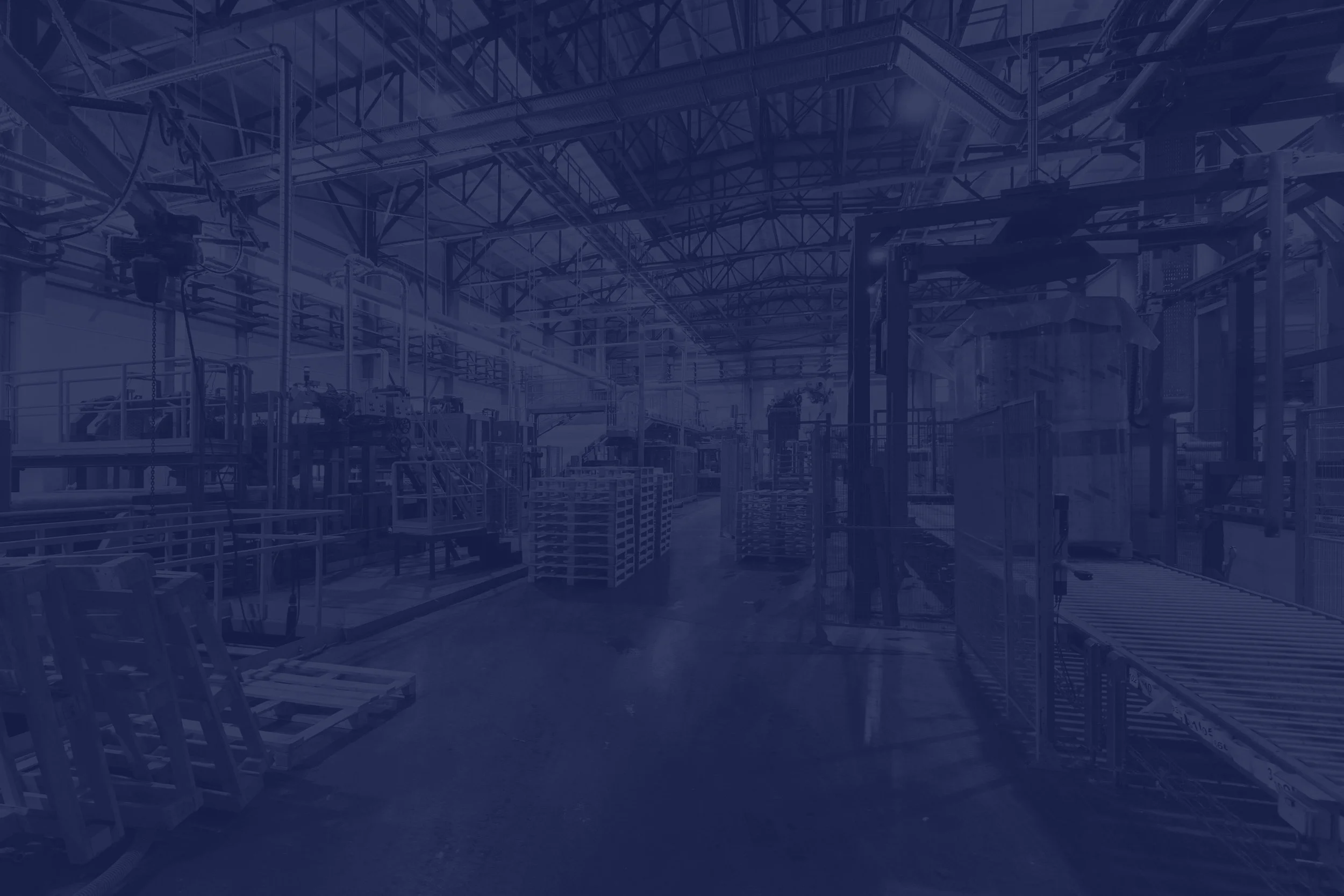Hope is a Precious Commodity
In a previous story, I described how a strategy session for a building products company led to several reliability improvement Kaizen events. This story focuses on one of those events in Mississippi.
I’m passionate about helping teams improve the reliability of their processes, using basic yet effective techniques to immediately boost the performance of their manufacturing lines. The best part is that the team can see and feel the results, and the techniques I teach are easy to learn and transferable to other lines and processes within the facility.
I flew into Memphis early on a Sunday morning, with no plant commitments until the afternoon, so I decided to tour Graceland and learn more about Elvis Presley. Although I wasn’t a fan before the visit, I gained a lot of respect for the man, his philanthropic efforts, and his impressive cars and eccentric outfits. It was quite the experience.
Afterwards, I met my contact at the plant, and we set up the meeting room for the upcoming week. He mentioned that many of the team members were hourly operators and mechanics who were skeptical about what could be achieved, and whether their voices would truly be heard. We walked through the plant, and he showed me the line we would be working on. Based on what I saw, I was confident we could make a real difference and engage the team in a way that would be meaningful to them.
On Monday morning, we kicked off the session with safety expectations, introductions, a charter review, and an overview of Lean and reliability principles. I quickly learned that most of the team members had no prior experience with Lean or Kaizen, so I had to start with the basics. This typically takes about 2 to 3 hours, and I present it using PowerPoint and activities. I know that people aren’t always excited about slides, but in my experience, some foundational understanding is necessary before we take our Gemba Walk. It used to take a full day, so I think I’ve gotten more efficient at it.
During the Gemba Walk, the team members were able to connect the reliability concepts I was teaching them to the issues on the line. If they were unsure about something, I could point out specific opportunities for improvement.
Back in the meeting room, we identified and prioritized the areas we would focus on. We broke into three sub-teams, and I worked with two mechanics and an operator to begin with the most basic tasks: centerlining and leveling the equipment.
They were shocked to see how much of the equipment was misaligned and out of level. The good news is that by the second morning, everything had been leveled and centered. The better news was that when we restarted the line, it ran better than anyone could remember.
Excitement began to fill the team, and improvements were happening across the board. By Wednesday, Jake, a mechanic who had been with the plant for over 20 years and was initially skeptical, came up to me, tapped me on the shoulder, and said, “Adam, you messed up (not exactly what he said, but you get the idea)! You gave me hope!”
I told him, “I’d like to say I’m sorry, but I’m not! Now that you know what’s possible, your job is to share it with your coworkers on the other lines!”
The rest of the week flew by, and by Friday, we had achieved something we were all proud of. The difference between this line and the others in the plant was striking. Now, the only thing shutting the line down was planned maintenance.
Jake took on the role of Area Owner, proudly holding himself and others accountable for following all of the reliability and safety requirements on the line. During a recent visit to the plant, he even demonstrated the principles of reliability to my original sponsor, the vice president of manufacturing.
Skepticism had been replaced by optimism, and the plant has already begun transferring what they learned to other lines. Before long, they should have all of their lines operating at higher reliability levels.

